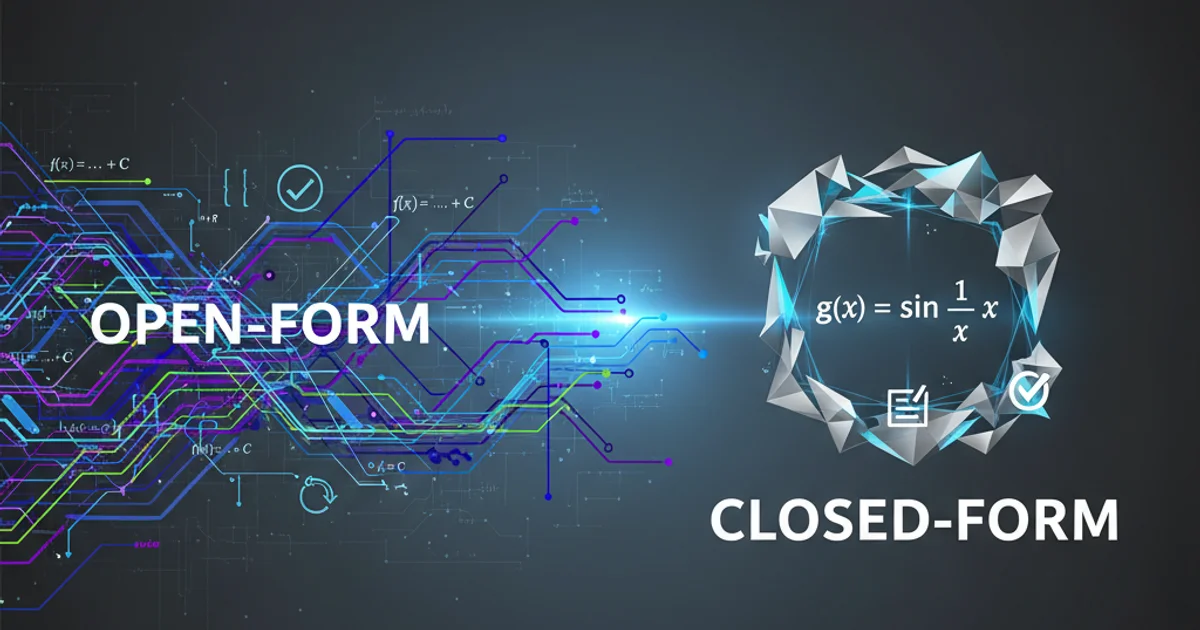Strings of unsigned chars
Categories:
Handling Strings of Unsigned Chars in C++ for Robust Data Operations

Explore the nuances of using unsigned char with C++ strings, focusing on scenarios like cryptographic operations and binary data handling, and learn best practices to avoid common pitfalls.
In C++, the std::string class is primarily designed to handle character data, typically char, which can be signed or unsigned depending on the compiler and platform. However, when dealing with raw binary data, cryptographic operations, or network protocols, it's often necessary to work with unsigned char to ensure that byte values are interpreted correctly without sign extension issues. This article delves into the best practices for storing and manipulating unsigned char sequences within std::string and alternative containers, particularly in the context of encryption and data integrity.
The char vs. unsigned char Dilemma in std::string
The std::string template is specialized for char, meaning its internal buffer holds char elements. While char can behave as unsigned char on some systems, relying on this behavior is non-portable and can lead to subtle bugs. When char is signed, values greater than 127 (0x7F) are interpreted as negative, which can corrupt binary data or cryptographic hashes. For example, a byte with value 200 (0xC8) might be read as -56 if char is signed, leading to incorrect calculations or comparisons.
flowchart TD
A[Binary Data (e.g., 0xC8)] --> B{`std::string` (char)};
B --> C{Is `char` signed?};
C -- Yes --> D["Value interpreted as negative (e.g., -56)"];
C -- No --> E["Value interpreted as positive (e.g., 200)"];
D --> F[Data Corruption/Incorrect Hash];
E --> G[Correct Data Handling];
B --> H{`std::vector<unsigned char>`};
H --> G;Impact of char signedness on binary data interpretation.
Storing unsigned char Data in std::string
Despite std::string being char-based, it's common practice to store unsigned char data within it, often by casting. This works because std::string treats its content as a sequence of bytes. The key is to ensure that when you access or interpret these bytes, you cast them back to unsigned char to prevent sign extension. This approach is memory-efficient as it avoids unnecessary copying, but requires careful handling.
#include <iostream>
#include <string>
#include <vector>
int main() {
// Example: Storing unsigned char data in std::string
unsigned char raw_bytes[] = {0xDE, 0xAD, 0xBE, 0xEF, 0xC8, 0x01};
std::string data_str(reinterpret_cast<const char*>(raw_bytes), sizeof(raw_bytes));
std::cout << "String length: " << data_str.length() << std::endl;
// Accessing and interpreting bytes as unsigned char
std::cout << "Bytes from string (as unsigned char): ";
for (size_t i = 0; i < data_str.length(); ++i) {
unsigned char byte_val = static_cast<unsigned char>(data_str[i]);
std::cout << std::hex << static_cast<int>(byte_val) << " ";
}
std::cout << std::endl;
// Incorrect access without casting (if char is signed)
std::cout << "Bytes from string (as char, potentially signed): ";
for (size_t i = 0; i < data_str.length(); ++i) {
// This might print negative values if char is signed
std::cout << std::hex << static_cast<int>(data_str[i]) << " ";
}
std::cout << std::endl;
return 0;
}
Storing and retrieving unsigned char data using std::string with explicit casting.
std::string containing binary data to functions that expect unsigned char*, always use reinterpret_cast<const unsigned char*>(str.data()) or reinterpret_cast<unsigned char*>(&str[0]) to ensure correct type interpretation.Alternatives: std::vector<unsigned char>
For scenarios where std::string's character-oriented semantics might cause confusion or lead to errors (e.g., accidental null termination, string manipulation functions that don't respect binary data), std::vector<unsigned char> is often a safer and more semantically appropriate choice. It explicitly declares its intent to hold unsigned byte data and avoids any ambiguity regarding character encoding or signedness.
#include <iostream>
#include <vector>
#include <string>
int main() {
// Example: Storing unsigned char data in std::vector<unsigned char>
std::vector<unsigned char> data_vec = {0xDE, 0xAD, 0xBE, 0xEF, 0xC8, 0x01};
std::cout << "Vector size: " << data_vec.size() << std::endl;
// Accessing bytes directly
std::cout << "Bytes from vector (as unsigned char): ";
for (unsigned char byte_val : data_vec) {
std::cout << std::hex << static_cast<int>(byte_val) << " ";
}
std::cout << std::endl;
// Converting std::vector<unsigned char> to std::string (if needed for APIs)
std::string str_from_vec(data_vec.begin(), data_vec.end());
std::cout << "String from vector length: " << str_from_vec.length() << std::endl;
// Converting std::string to std::vector<unsigned char>
std::string original_str = "\xDE\xAD\xBE\xEF\xC8\x01"; // Binary string literal
std::vector<unsigned char> vec_from_str(original_str.begin(), original_str.end());
std::cout << "Vector from string size: " << vec_from_str.size() << std::endl;
return 0;
}
Using std::vector<unsigned char> for explicit binary data handling and conversions.
std::string to std::vector<unsigned char> and vice-versa. Ensure that the std::string truly contains binary data and not text that might be subject to encoding issues. For binary data, std::string should be constructed or populated with raw bytes, not character literals that might be interpreted differently.Application in Encryption and Hashing
In cryptography, data is almost always treated as a sequence of unsigned bytes. Whether you're encrypting a file, generating a hash, or performing a digital signature, the underlying algorithms operate on raw byte arrays. Using unsigned char consistently throughout your cryptographic code is crucial for correctness and security. When integrating with C++ libraries, you'll often find functions that accept const unsigned char* and a length, which can be easily provided by std::vector<unsigned char> or a carefully cast std::string.
sequenceDiagram
participant App as Application
participant Data as Raw Binary Data
participant CryptoLib as Cryptography Library
App->>Data: Read bytes
alt Using `std::string`
App->>App: Store in `std::string` (cast to char*)
App->>CryptoLib: Pass `reinterpret_cast<const unsigned char*>(str.data())`, length
else Using `std::vector<unsigned char>`
App->>App: Store in `std::vector<unsigned char>`
App->>CryptoLib: Pass `vec.data()`, `vec.size()`
end
CryptoLib->>CryptoLib: Perform Encryption/Hashing
CryptoLib-->>App: Return Encrypted/Hashed Data (unsigned char* or vector)
App->>App: Store result (e.g., `std::vector<unsigned char>` or `std::string`)
App->>Data: Write bytesWorkflow for handling binary data in cryptographic operations using C++ containers.